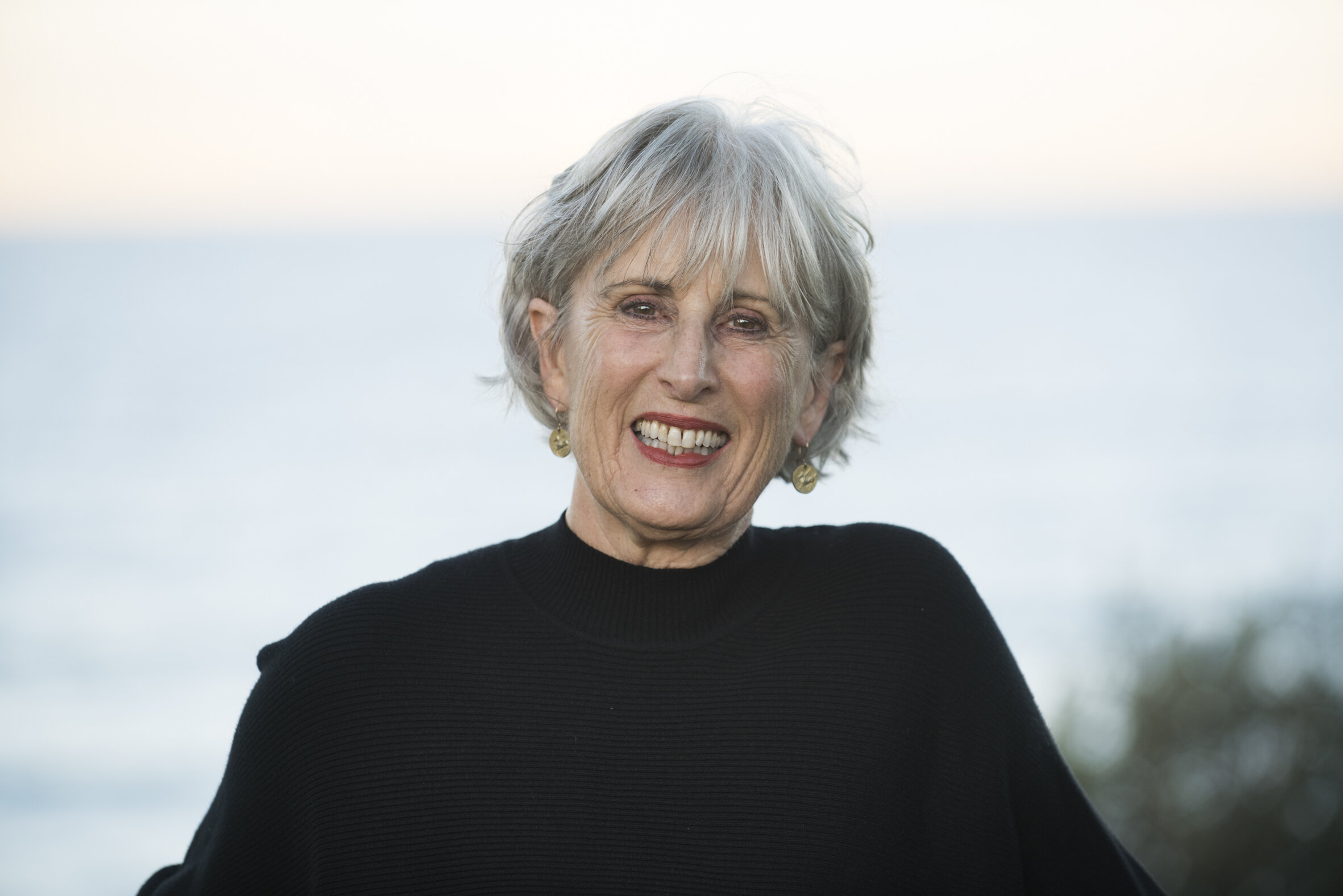Reading and writing have always been a pleasure for me
I grew up on a dairy farm in the back-blocks of Aotearoa New Zealand but my mother had a love of literature and classical music, so books and music were a part of our lives. My father was British, from Liverpool, and like many Northerners, a natural storyteller.
In high school, I had an English teacher
He was the published author of a slim volume of short stories. He was a crusty old chap with a dry sense of humour and was the only teacher who had my undivided attention. One day in class, he read aloud a short story by the American humourist, James Thurber. I was absolutely enthralled by the style and the wit of Thurber’s writing and was weeping with laughter. When the story finished, I looked around to discover the rest of the class were unimpressed, wondering what was wrong with me. And I realised that none of them recognised the brilliance in Thurber’s work; that what fascinated me simply bored them. It was a revelation that I was on a different path, and I yearned to be able to achieve that effect with words on the page.
From my teen years onwards, I continued to read widely, from crime to the European classics and particularly American and British 20th century literature as well as contemporary fiction. Reading is still a big part of my life.
In my twenties, I began to write short stories
Back then many magazines published short stories but I had limited success. A simpler way to publication was writing spec. articles about subjects I was interested in and submitting them to magazines. I had a number of articles published and worked with editors, and began to hone my writing skills. Success in that area gave me the confidence to write my first non-fiction book Battles with the Baby Gods which was accepted for publication by Transworld. Following that I found the transition from non-fiction to fiction difficult. Once you find the subject matter and structure, writing a non-fiction book is not necessarily that difficult because the material exists. Fiction, to me, is so much tougher for the obvious reason that you have to make everything up and make it believable – not to mention enthralling, entertaining, moving, and satisfying to the reader.
Writing a novel was always my true ambition
Everything else was a warm-up for the big event but, the more time that passed, the more intimidating it became. By then I was in my forties, juggling work and two small children. Life was busy and full of distractions but it became clear to me that I was running out of time. If I didn’t do this, I would be truly disappointed in myself. I just had to start, and push through all resistance. I’d spent so many years getting to this point, I wanted my first novel The Olive Sisters to be the best work I could produce and really gave no thought to publication at all until it was finished. Between work and family life, I managed to find pockets of time to write. About 50,000 words into the book, I realised that I had the wrong protagonist and put that work aside and started again. In the second version the story flowed more easily.
I asked several close friends to be muses and sent them a chapter on a deadline each month until that first draft was complete. Then the hard work really began of editing and polishing, getting feedback and reworking. My ambition was to have it finished to the standard of a published book, there was no question in my mind that was the only way to get it across the line with a publisher. When it was done, I sent it to an author I had met. He loved it and sent it to his publisher and it was accepted for publication. It was so rewarding to see it go out into readers’ hands and become a success.
If I could give any advice to budding writers
I would always recommend being patient with yourself – allow yourself time to write your best work. It takes a long time to develop critical skills, find your natural writing style and understand how to polish your work. Publishers are looking for books that will engage and attract a readership, so try to move your focus away from publication being recognition of you as a writer, and concentrate on delighting readers, then you’ll come to the work with a different mindset.


